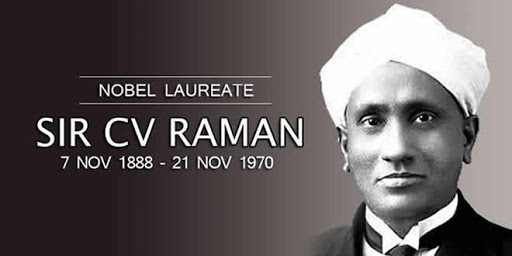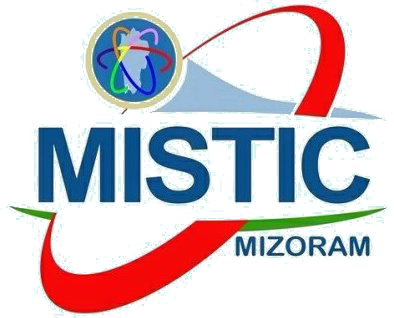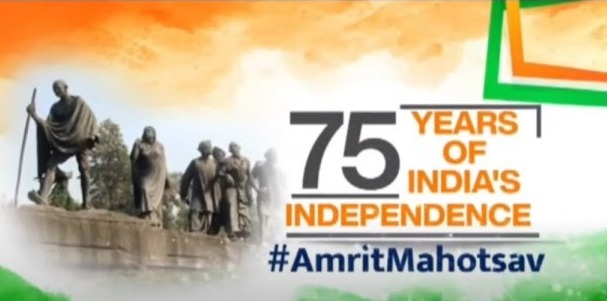About NSD
Background
National Science Day is celebrated in India on 28 February each year to mark the discovery of the Raman effect by Indian physicist Sir C. V. Raman on 28 February 1928. For his discovery, Sir C.V. Raman was awarded the Nobel Prize in Physics in 1930.

In 1986, the National Council for Science and Technology Communication (NCSTC) asked the Government of India to designate February 28 as National Science Day. The event is now celebrated all over India in schools, colleges, universities and other academic, scientific, technical, medical and research institutions. On the occasion of the first NSD (National Science Day)(28 February 1987) NCSTC announced the institution of the National Science Popularization awards for recognizing outstanding efforts in the area of science communication and popularization.
National Science Day is celebrated to spread a message about the importance of science used in the daily life of the people. To display all the activities, efforts and achievements in the field of science for human welfare. It is celebrated to discuss all the issues and implement new technologies for the development in the field of science. To give an opportunity to the scientific minded citizens in India. To encourage the people as well as popularize science and technology.
Themes of National Science Day
| 2000 |
Recreating Interest in Basic Science |
| 2001 | Information Technology for Science Education |
| 2002 | Wealth From Waste |
| 2003 | 50 years of DNA & 25 years of IVF – The Blue print of Life |
| 2004 | Encouraging Scientific Awareness in Community |
| 2005 | Celebrating Physics |
| 2006 | Nurture Nature for our future |
| 2007 | More Crop Per Drop |
| 2008 | Understanding the Planet Earth |
| 2009 | Expanding Horizons of Science |
| 2010 | Gender Equity, Science & Technology for Sustainable Development |
| 2011 | Chemistry in Daily Life |
| 2012 | Clean Energy Options and Nuclear Safety |
| 2013 | Genetically Modified Crops and Food Security |
| 2014 | Fostering Scientific Temper |
| 2015 | Science for Nation Building |
| 2016 | Scientific Issues for Development of the Nation |
| 2017 | Science and Technology for Specially Abled Persons |
| 2018 | Science and Technology for a sustainable futur |
| 2019 | Science for the People, and the People for Science |
| 2020 | Women in Science |
| 2021 | Future of STI: Impacts on Education, Skills, and Work |






